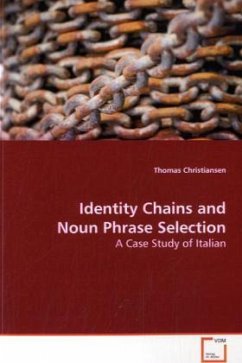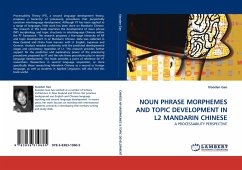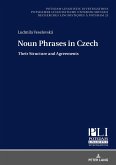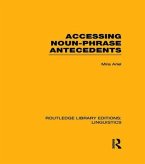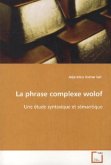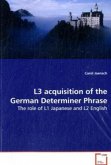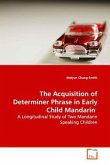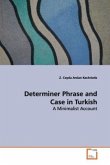This book explores the factors affecting choice of
noun phrase in texts from the perspective of the
referring expression and identity chain. To do this,
the author focuses on the concepts of text,
discourse, reference, coreference, and anaphora,
elaborating a new system of classification for noun
phrases based on the kind of reference that they
entail. What factors make a given expression more
effective as a means of designating a given referent
depends in general on relevance and, especially, on
what is mutually manifest. Through analysis of a
corpus, it is shown that each kind of referring
expression is appropriate to different contexts with
none taking precedence over the others. It is also
found that, together with the information structure
of the clause seen as a representation and the
syntactic structure by which this is encoded, four
factors affect noun phrase selection: referential
efficacy, the principle of economy, the informative
function and the avoidance of formal repetition.
Most research into cohesion has focussed on
English; a study of Italian is also an opportunity
to broaden research horizons.
noun phrase in texts from the perspective of the
referring expression and identity chain. To do this,
the author focuses on the concepts of text,
discourse, reference, coreference, and anaphora,
elaborating a new system of classification for noun
phrases based on the kind of reference that they
entail. What factors make a given expression more
effective as a means of designating a given referent
depends in general on relevance and, especially, on
what is mutually manifest. Through analysis of a
corpus, it is shown that each kind of referring
expression is appropriate to different contexts with
none taking precedence over the others. It is also
found that, together with the information structure
of the clause seen as a representation and the
syntactic structure by which this is encoded, four
factors affect noun phrase selection: referential
efficacy, the principle of economy, the informative
function and the avoidance of formal repetition.
Most research into cohesion has focussed on
English; a study of Italian is also an opportunity
to broaden research horizons.

